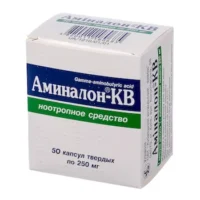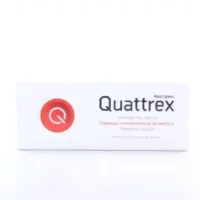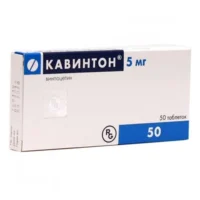Description
Somazina (Citicoline) Oral Solution 100 mg/ml. 30 ml Vial
Ingredients:
- Each ml contains 100 mg of Citicoline.
Dosage:
The recommended dosage is determined by a healthcare professional based on individual needs. It is usually administered orally.
Indications:
Somazina oral solution is indicated for the treatment of cognitive disorders of various etiologies. It is commonly used in cases of cerebral infarction, head injury, and age-related cognitive decline.
Contraindications:
Do not use Somazina oral solution if you are allergic to citicoline or any other ingredients in the product. Consult a healthcare provider before use, especially if pregnant, nursing, or have any underlying medical conditions.
Directions:
Follow the instructions provided by your healthcare provider for the correct dosage and administration of Somazina oral solution. It is typically taken orally with or without food.
Scientific Evidence:
Citicoline, the active ingredient in Somazina, has been extensively studied for its neuroprotective and cognitive-enhancing properties. Research suggests that citicoline may improve cognitive function, memory, and overall brain health.
Additional Information:
- It is important to store Somazina oral solution at room temperature away from moisture and heat. Keep the vial tightly closed when not in use.
Citicoline is a naturally occurring compound in the body that plays a crucial role in the synthesis of phospholipids in cell membranes, particularly in the brain. By increasing phospholipid production, citicoline supports neuronal function and repair, making it a valuable agent in the treatment of cognitive impairments.
Several clinical trials have demonstrated the efficacy of citicoline in improving cognitive function and neurological outcomes in patients with various brain injuries and neurodegenerative conditions. A study published in the Journal of Neural Transmission showed that citicoline supplementation led to significant improvements in memory and attention in patients with cognitive deficits.





